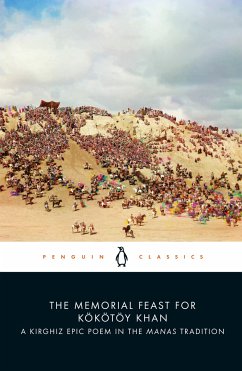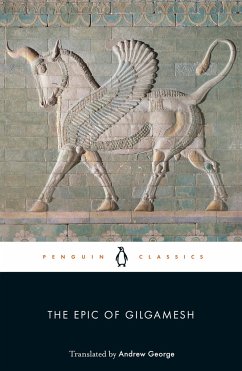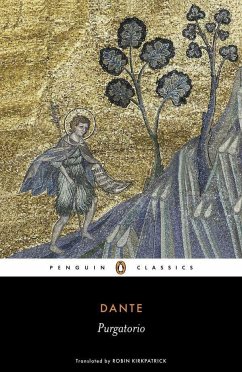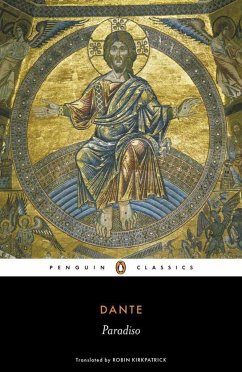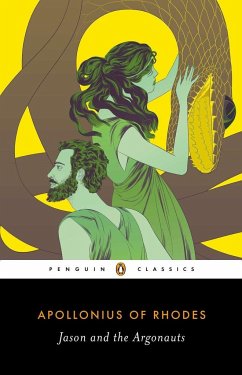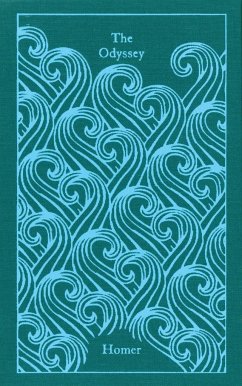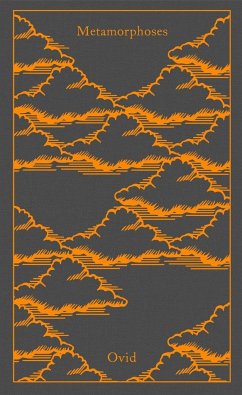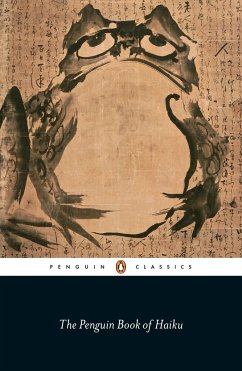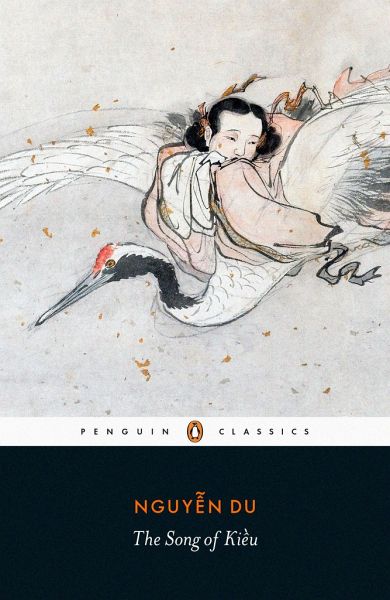
The Song of Kieu: A New Lament

PAYBACK Punkte
8 °P sammeln!
"An essential book for anyone invested, not only in Vietnamese literature, but the historic power of the national epic...and its perennial place in our species' efforts toward self-knowledge. Tim Allen's new translation offers clean fluidity while honouring the original's varied rhythms and jagged lyricism. A luminous feat." --Ocean Vuong A stunning new translation of the legendary Vietnamese epic poem, now for the first time in Penguin Classics Considered the greatest literary achievement in Vietnamese, The Song of Kieu tells the story of the beautiful Vuong Thuy Kieu, who agrees to a financi...
"An essential book for anyone invested, not only in Vietnamese literature, but the historic power of the national epic...and its perennial place in our species' efforts toward self-knowledge. Tim Allen's new translation offers clean fluidity while honouring the original's varied rhythms and jagged lyricism. A luminous feat." --Ocean Vuong A stunning new translation of the legendary Vietnamese epic poem, now for the first time in Penguin Classics Considered the greatest literary achievement in Vietnamese, The Song of Kieu tells the story of the beautiful Vuong Thuy Kieu, who agrees to a financially profitable marriage in order to save her family from ruinous debts, but is tricked into working in a brothel. Her tragic life involves jealous wives, slavery, war, poverty, and time as a nun. Adapted from a seventeenth-century Chinese novel, Jin Yun Qiao, written by an unknown writer under the pseudonym Qingxin Cairen, author Nguyen Du upended the plot's traditional love story by conveying the social and political upheavals at the end of the 18th century in Vietnam.





